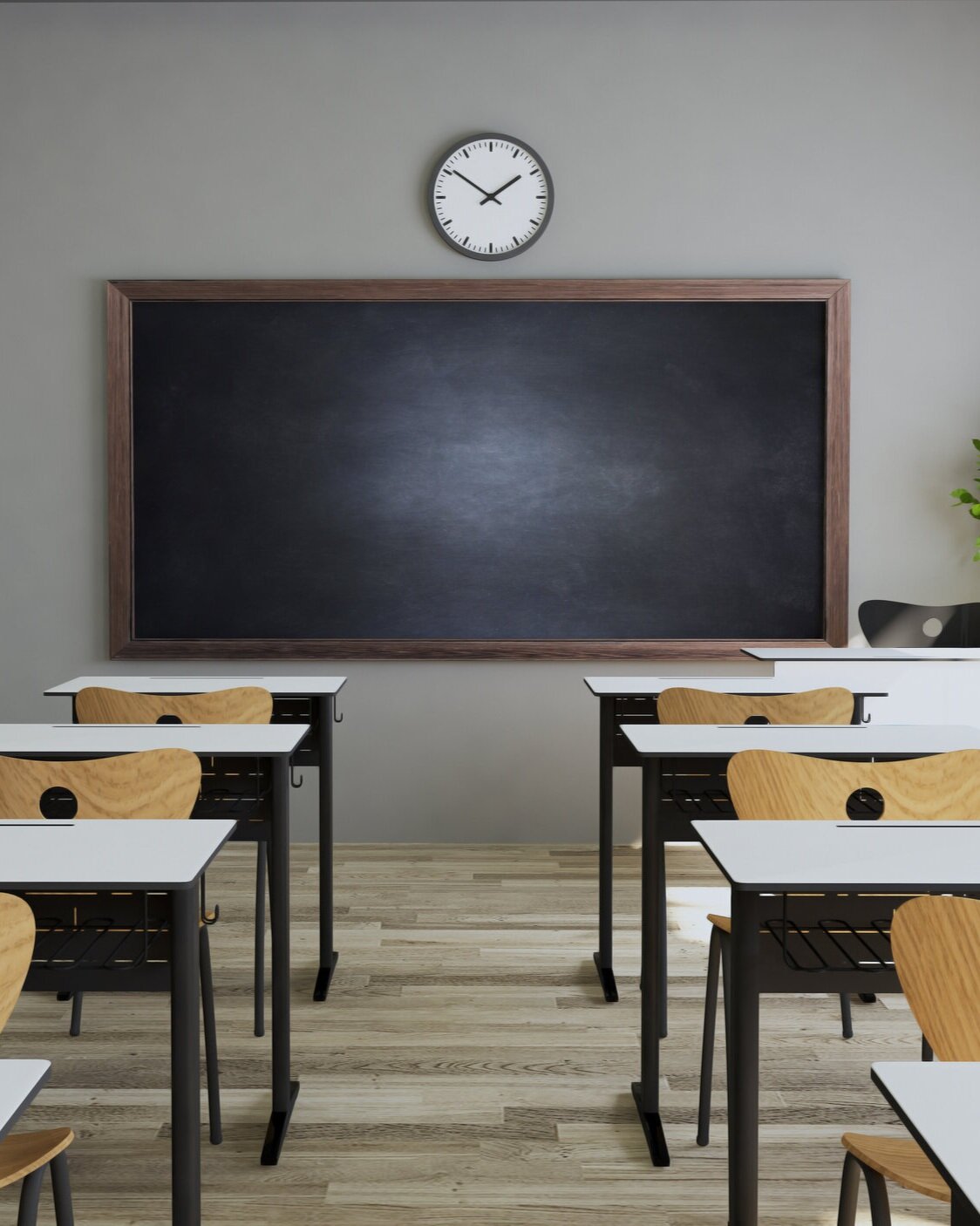Returning to the Classroom
In the last week of July, I start developing symptoms. There’s a sudden imbalance in my posture, my left shoulder inching slowly nearer to my ear. Heat flushes my head and neck, forcing me to fan myself, shamefaced, even in frigidly conditioned air. My vision blurs, especially when confronted with a calendar, which I can only approach with a sidelong eye, seeking vain assurance that the page has not yet turned.
I’m suffering, not from coronavirus, but from the seasonal affective disorder of teachers. The drums of August have commenced their cadence. My body seizes at the sound.
This is a chronic condition, flaring up as reliably this summer as it did before my first semester teaching more than twenty years ago. I don’t hate my job; I appreciate the ten-week sabbatical awarded every teacher every year. I think summer is essential to the rhythm of academic work—its rejuvenating power propels and sustains teachers and students alike.
But what’s true this year and every year is that the work scares me. One essential paradox of this profession is that the only constant is change. Each school year recreates my world, populated with an entirely new set of humans that I must learn (beyond their names) in order to teach. Their learning styles and histories, alliances and conflicts, will create the weather in this new world that I will need to predict and manage. And the work we do together, the subjects and texts and projects and assessments, are as changeable as the weather. Readings and lesson plans that are no longer current, or that mysteriously failed to engage, I spend the summer retooling. And then I start to worry—that the books will be too boring or troubling, the assignments too simple or unwieldy, that my best-laid plans will somehow go awry.
It matters not that I’ve done this before, more or less successfully. Each July I look back at the school year behind me, the piles of papers and moments and crises and triumphs, and I wonder, How did I do that? It feels impossible in the abstract and wholly absorbing in the particular—the hallmark, I believe, of all rewarding work. But the truth is I’m anxious most of the time. And most of the time I believe this fear is very useful. If I’m not worried, not keyed up, I’m not properly doing my job, which is equal parts planning and performance and wild improvisation.
But of course this year is different, and the fears that come with the territory of teaching have increased exponentially. The unknowns for which I must somehow plan are scenarios of disease risk mitigation that feel beyond impossible. It’s possible I’ll be teaching in-person and virtually at the same time, with half of my students on computers at home and the other half masked up and distanced in the room with me, rendering useless many of the tools in my classroom teaching arsenal—small group work, one-to-one conferencing—while also creating challenges for camera-based instruction (masks, distance, video and audio glitches). It’s possible this scenario may change, tomorrow or a week into the work, scrambling my plans yet again.
Layered on top of those organizational fears are more primal, mortal ones. Faced with the prospect of sharing a building with hundreds of people, eight hours a day, I’m afraid of getting the disease, of my students and colleagues falling ill; I’m afraid of unconsciously spreading germs, of my loved ones suffering; I’m afraid of dying. I’ve read nothing, in my obsessive desire to educate myself out of panic, to suggest these fears are irrational.
What’s distressing and new this year is that my fears do not feel useful to me. I don’t know what to do with them; neither dread nor courage nor careful planning can spirit them away. I worry that I’m squandering a lot of precious fretting on this when I could be having more creative, instructional ideas.
One useful habit of mind in such situations is, I know, gratitude, and I remind myself, as I squint at the calendar from across the kitchen, that I am lucky to have a rewarding job that continues, lucky to work among thoughtful educators whom I trust and respect, and lucky that, one way or another, I’ll have the privilege of engaging with the bright minds and hopeful spirits of many young people again this year. One worry I’m not wasting time on is any assumption of bad faith in my remarkable, earnest, learning community.
We’re all worried, wherever we are, however we make our daily bread. I wish I were alone in this. I wish there weren’t a global pandemic. But wishing, like dread, will not solve our problems, as I will likely say at some point this year, to a fifteen-year-old facing an analysis paper, on, say, Hamlet. Who is a very, very worried soul. Which gives me an idea . . .
Looking for me? Read Alex Rae’s essay on returning to campus as a college senior.
STORY BY KRISTIN KOVACIC
Don’t miss a single back to school thing!

